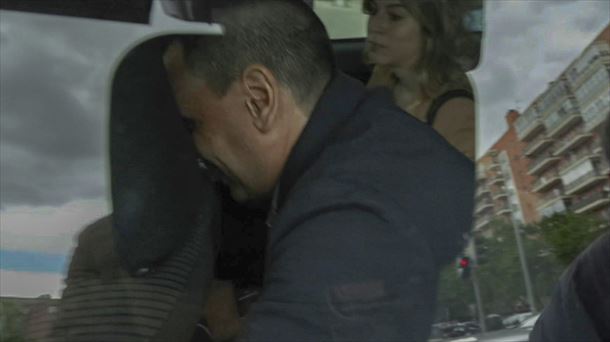The war in the Balkans was over 30 years ago, but the region has still not returned to this day. The former enemies of the war are still hostile to each other and international peacekeepers are needed to ensure stability. The Austrian armed forces have been involved in these missions for more than 20 years.
The President of the National Council, Wolfgang Sobotka, is currently visiting Kosovo, Montenegro and Serbia. The “Krone” was there and got an idea of the long one. The army has been in Kosovo since the first day of the NATO-led KFOR operation in 1999. Then there were 48,000 soldiers in the country, today there are only 3,800. Yet they are important for the stability of the country. Because they are recognized by both parties as an impartial authority and have a stabilizing effect.
If there were no international soldiers in Kosovo, there would be no one who could act as a mediator and intervene if necessary in the event of an escalation of tensions between the Kosovar Albanian and Kosovo Serb ethnic groups, which continue to flare up, especially in the north of Kosovo.
The conflict is essentially about the fact that Kosovo has declared independence from Serbia since 2008 and the four northernmost communities, which are about 90 percent of Serb origin, and Serbia in particular, do not accept this. Serbia considers Kosovo from a historical perspective as a Serbian heartland. Many of the most important Serbian Orthodox monasteries are located in Kosovo. One of the most important of these, the Decane Monastery near the town of Peja, is still guarded by KFOR troops. The Kosovo Serbs want extensive autonomy for the Serbian communities in Kosovo, the Kosovo government says it does not want Republika Srpska (Note: Serbian part of Bosnia and Herzegovina) in Kosovo.
In November 2022, Kosovo Serbs left all municipal offices in protest against new government laws in Pristina. This had led to a power vacuum and administrative chaos in the region. Local elections were held in April, which were boycotted by the Serbs. The region in the north of the country is in a kind of political lockdown.
Mediation talks in Brussels at the beginning of May came to nothing. Kosovo Prime Minister Albin Kurti and Serbian President Aleksandar Vucic could not agree on how to resolve tensions in the Serb-majority areas in the north of the Kosovo can be disassembled. Negotiations continue in the background.
The Western Balkans essentially form the immediate border of the Central European states in terms of security policy, as they have always been a link, geographically and politically, between Southeastern and Central Europe. From an Austrian point of view, the West Bundle is of great importance for security policy, for example in the areas of migration, organized crime and Islamic fundamentalism, but it is of course also an important economic area.
Arab countries as well as the Chinese and Russians are trying to exert influence in this region. For example, the Gulf states finance mosques in Bosnia and Russia has great influence in Serbia. Many Serbs are pro-Russian.
Source: Krone
I am Ida Scott, a journalist and content author with a passion for uncovering the truth. I have been writing professionally for Today Times Live since 2020 and specialize in political news. My career began when I was just 17; I had already developed a knack for research and an eye for detail which made me stand out from my peers.



